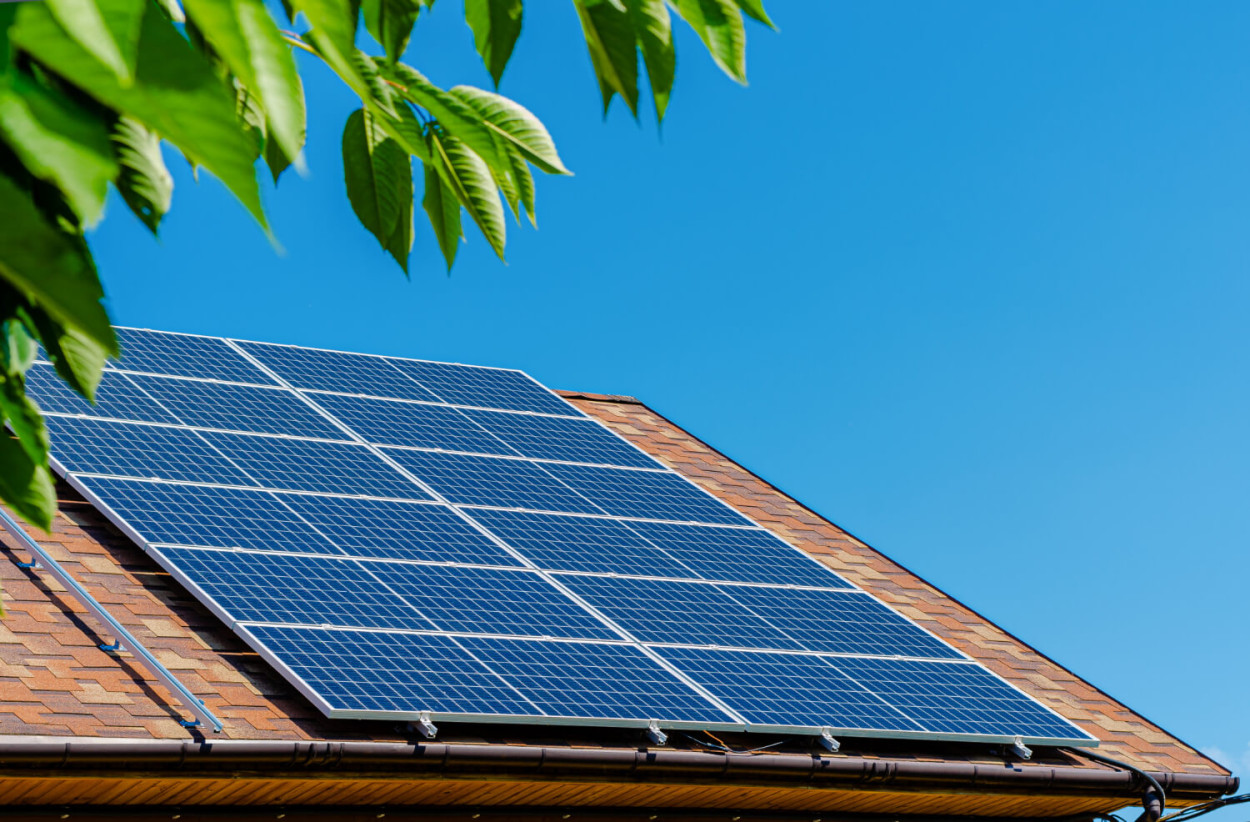0203 193 8888
0203 193 8888

As the world moves towards sustainable and green energy solutions, homeowners are increasingly looking to harness the power of the sun by installing solar panels on their roofs. The good news is that, in many cases, you no longer need to worry about obtaining planning permission for solar panel installations. Let’s explore the rules and regulations surrounding solar panels and find out how many you can put on your roof without planning permission.
In April 2008, solar panels were designated as ‘Permitted Development,’ which means that, for the majority of homeowners in England, Wales, Scotland, and Northern Ireland, planning permission is no longer necessary. However, there are two exceptions:
If your house is a listed building, you will require planning permission for solar panel installation. This is to ensure that the historic or architectural significance of the building is preserved.
Homes situated within conservation areas may also need planning permission for solar panels. This is to protect the character and appearance of the conservation area.
In both cases, it is possible to apply for planning permission, but it will be at the discretion of your Local Planning Authority.
Assuming your property does not fall under the listed building or conservation area exceptions, you can proceed with installing solar panels without planning permission. However, there are specific rules you must follow:
The solar array should not exceed the highest point of the roof, excluding any chimneys. Additionally, solar panels should not project more than 200mm off the edge of the roof.
Solar panels must be fitted in a way that minimises the change in the appearance of the building and the surrounding area. This ensures that the visual impact of the solar panels on your property is kept to a minimum.
Once solar panels are no longer used for generating electricity or need replacement, they should be properly removed and disposed of responsibly.
If you plan to install solar panels within your land but not directly attached to your house, there are additional rules:
The first standalone solar PV installation is considered Permitted Development. However, if you want to add more units beyond the first one, you will require planning permission.
The solar panels must be sited in a way that least impacts the appearance of the area and must be positioned at least 5 metres away from the edge of your property. The system must not stand taller than 4m and must not exceed an area of 9m2.
Before installing solar panels, you must notify the Distribution Network Operator (DNO). For solar setup with a Declared Net Capacity (the estimated output of the installation after any losses) of 3.68kW and below, notification via G83/2 is sufficient after the system has been commissioned. However, for larger systems exceeding 3.68kW, G58 notification is required before any installation work begins, and the DNO must give permission for these larger systems to be installed.
The good news is that you don’t need to navigate all these requirements yourself. An MCS-certified installer will handle most of the process for you. They will notify the DNO and ensure that your solar setup complies with all the necessary regulations before commencing the installation.
For homeowners in Scotland, there are additional rules when it comes to installing solar panels. Planning permission is required if the panels are to be installed on the wall of a block of flats or a flat roof. If this applies to you, it’s best to contact your local planning office for more information.
With energy prices soaring, now is the perfect time to invest in Solar Panels and Battery Storage solutions. At Solar Co, we offer a range of solar panel options and battery storage solutions to suit your requirements. Embrace renewable energy and take control of your energy consumption while reducing your carbon footprint.
In conclusion, for most homeowners, installing solar panels has become hassle-free with ‘Permitted Development’ status. However, it’s crucial to adhere to the rules and regulations to ensure a smooth and compliant installation process. Consult a professional MCS-certified installer to guide you through the process and make the most of the sun’s abundant energy for your home.
Back to Blog